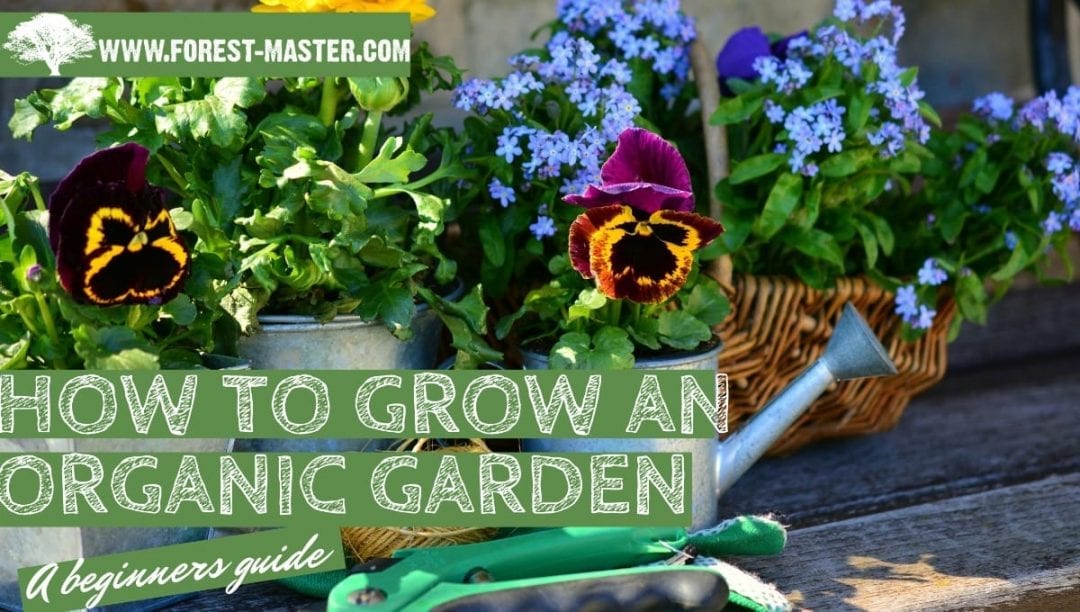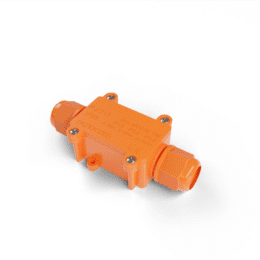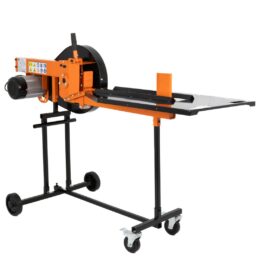Last Updated on April 5, 2023 by Forest Master
Like so many others, I’ve recently been considering going vegan. I’ve done the cliche millennial thing of ordering “beginner vegan cookbooks” (One-Pot Vegan & Five Ingredient Vegan if you’re interested). Moreover, I’ve begun the (painful) process of cutting dairy out of my diet. But, one thing I’ve noticed a lot, is people preaching the importance of organic produce.
Now, if you’re like me and you don’t know your organic oregano from your standard strawberries. Firstly, let’s not mention the painfully high price tag. Secondly, why pay the price when you could grow your own? Ever thought about making your own mulch?
Well, I thought I’d do what we millennials do best and write a blog about it. Keep reading to learn how to grow an organic garden (a beginner’s guide).
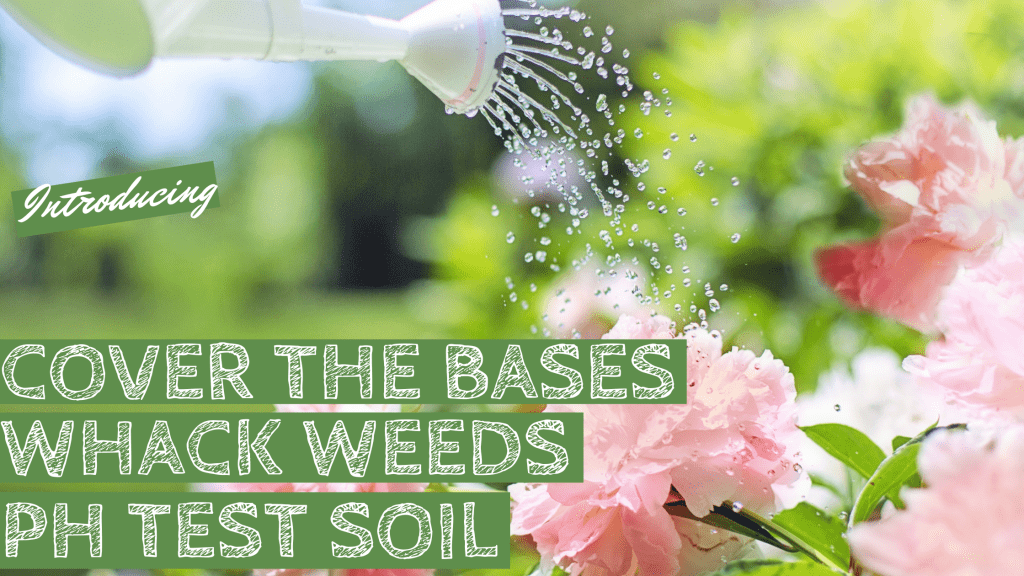
Now, let’s cover the bases – what is organic produce? Organic produce avoids “the use of man-made fertilisers, pesticides and growth regulators” which promotes sustainable gardening and organic garden design, according to BBC Goodfood. Moreover, concerning man-made fertilisers and pesticides, I’ll be writing a specific blog on this topic – so keep tuned.
How to grow an organic garden – cover the bases
Why is organic produce so expensive? Well, organic food is cheapest when bought directly from the farmer or producer. But the main reasons for organic produce being more expensive are as follows:
- Higher cost to grow organic produce
- Bigger profit markup for retailers
- Price discrimination, if people are willing to pay it etc – like a 1st class ticket
- Demand rising higher than supply
If you’re wanting to delve deeper into the topic and need some convincing to grow your own (it’s convinced me!) – check out this article. Now, let’s get onto the topic of how to grow an organic garden.
The Significance of Compost in Organic Gardening
One cannot emphasize enough the importance of compost in building a strong organic farming system. By supplying both energy sources and essential nutrients, compost maintains soil biodiversity and helps create a resilient environment.
As found in a study by van der Wurff et al. (2016) [1], when the composting process is well-managed and the input materials are free from contaminants, compost becomes a highly suitable input material for organic farming, fulfilling the system’s ecological requirements.
Organic greenhouse production typically involves high turnover rates of organic matter, substantial inputs of nutrients and energy, and elevated production levels. In these scenarios, compost serves as a crucial source of organic matter and nutrients for greenhouse horticulture and a vital component of growing media for nurseries.
Through providing energy sources and essential nutrients, compost plays an indispensable role in constructing a robust farming system.
What do you need & how do you grow an organic garden
If you’ve read any of my other blogs, you know how important planned planting is – the same applies here. Make a note of what vegetables grow & when so that you can reap what you saw all year long.
Once you’ve done that, there’s no point asking how to grow an organic garden without the proper tools. Here’s what you need:
- Clippers
- Trowel
- Compost Bin
- Garden Gloves
- Watering Can
From there you need to know the quality of your organic soil. Get a Ph soil test, they are easily ordered online. Furthermore, for a minimal cost (and a better result) you can order a sample from your local agricultural extension.
Your next battle will likely be with weeds. How to grow an organic garden with weeds? Well, you can’t. If left unkempt they can hijack light, nutrients and water from your plants.
You’ll reap what you sow and sowing out the weeds will reward you. So, if you have a small patch dig out the weed and the root.
Are weeds whacking you out?
However, if you have a larger plot – don’t bother digging. Picture the scene, you spend the whole day weeding, upturning the soil, only to have those wicked weeds return. No, we can’t have that. Or, you have to use weed killers which involves putting toxic substances next to where you’re wanting to grow your homegrown vegetables.
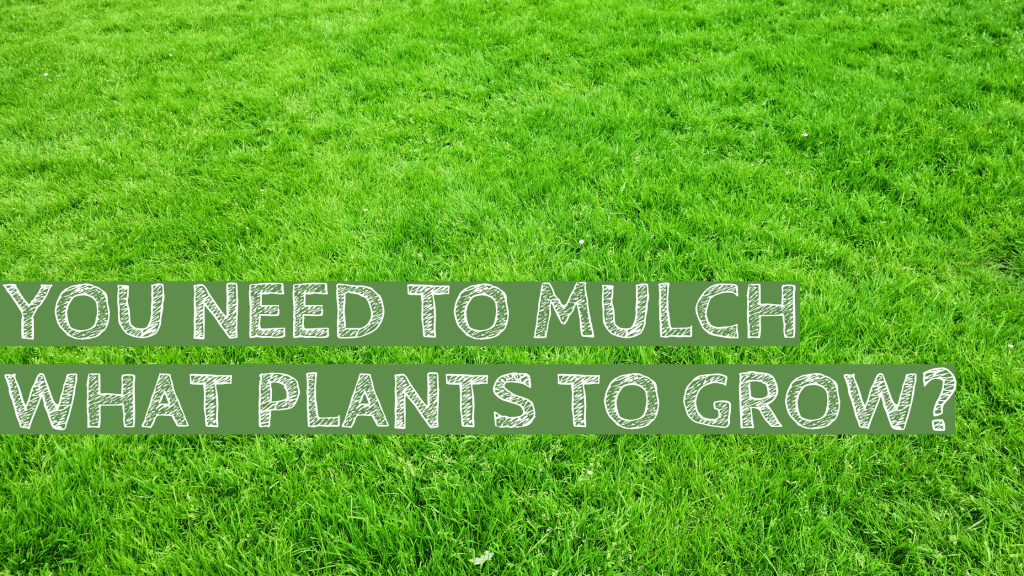
Do you know what would solve that, mulch. Cut down the weeds to just above the soil (use the trimmings in your mulch!) Then cover the area in mulch that will exclude the light, you can use a variety of materials to do that.
All of which you can use in our mulcher, launching in March. Compact, powerful and perfectly formed – all words used to describe our Forest Master Mulcher. Capable of any workload, you can find one to suit your needs. What goes better with a grow-your-own organic garden than organic mulch? Moreover, with the money you save growing your own, you can reinvest it here! Check ours out!
Furthermore, regarding the mulching process simply top your mulched area with cardboard weighed down with bricks. Don’t use carpet, it contains many toxic dyes), for any other does and don’t check out our mulching blog. Then leave this for a few months and you’re soil is as ready as you are!
How to grow an organic garden without organic plants. How do you find them? Well, your local farmers market is a great place to find seedlings raised free of chemicals, like heirloom seeds, that support eco-friendly gardening. The fewer the blooms the better, try to find stocky plants whose roots aren’t overcrowded.
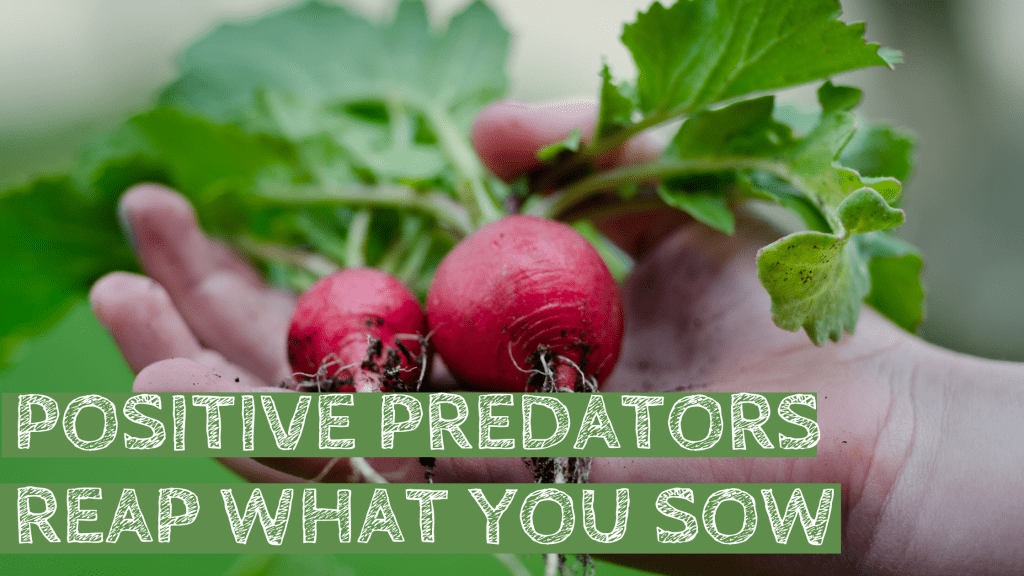
Reap What You Sow
For the best return, we recommend using raised beds and implementing permaculture principles to maximise the efficiency of your organic garden- here’s a Youtube video explaining raised beds and their benefits. Dwarf varieties of plants are better as they take up less space, they’ll also help reduce overshadowing. The best plants to sow for the best return are:
- Tomatoes
- Pole Beans
- Zucchini
- Swiss Chard
- Tall Sugar Snaps
When asking how to grow an organic garden it’s important to remember water! But, it’s now as simple as pouring water on them – there’s a skill to it! Plants love a watery wake-up call, just as you enjoy your morning mocha. If watered overnight, soil can become damp and increase the risk of fungal issues. A nice brisk morning shower does them the world of good. They have the whole day to dry out, and in the morning there are fewer winds – so they get a better drink. Moreover, make sure when you’re watering them that you water the root.
Positive Predators Protect Plants
Moreover, it’s important to consider protecting positive predators such as frogs, birds and even bats. They’ll keep any pests at bay, but also it’s important to encourage positive insects such as ladybugs to stick around, promoting organic pest control.
Furthermore, a good rule of thumb is to harvest as much as possible! The more you do, the more you’ll get. Moreover, if you’ve got herbs, why not cut them when you need them – that way they’re as fresh as possible.
Now that you know how to grow an organic garden, why not grow a kitchen garden? Here’s a full guide showing you from planning to platting – we’ve got you covered!

We hope this blog has shown you how to grow an organic garden! If it has, let us know below! Already up and running – send us pictures! We’d love to see them. If you’ve got any questions, find us on social media and we’re more than happy to help!
References:
- van der Wurff, A. W. G., Fuchs, J. G., Raviv, M., & Termorshuizen, A. (2016). Handbook for composting and compost use in organic horticulture. BioGreenhouse. https://doi.org/10.18174/375218

